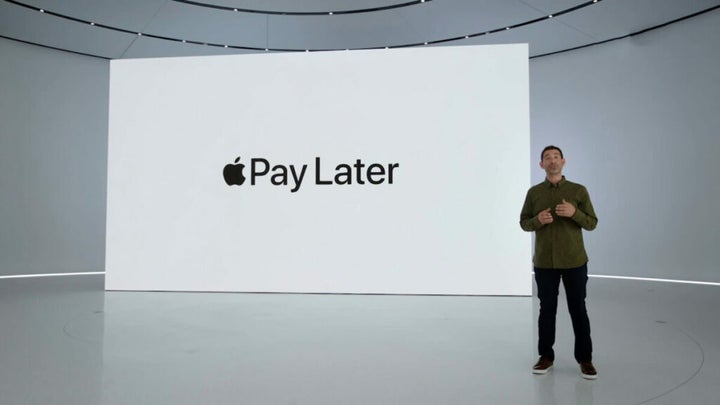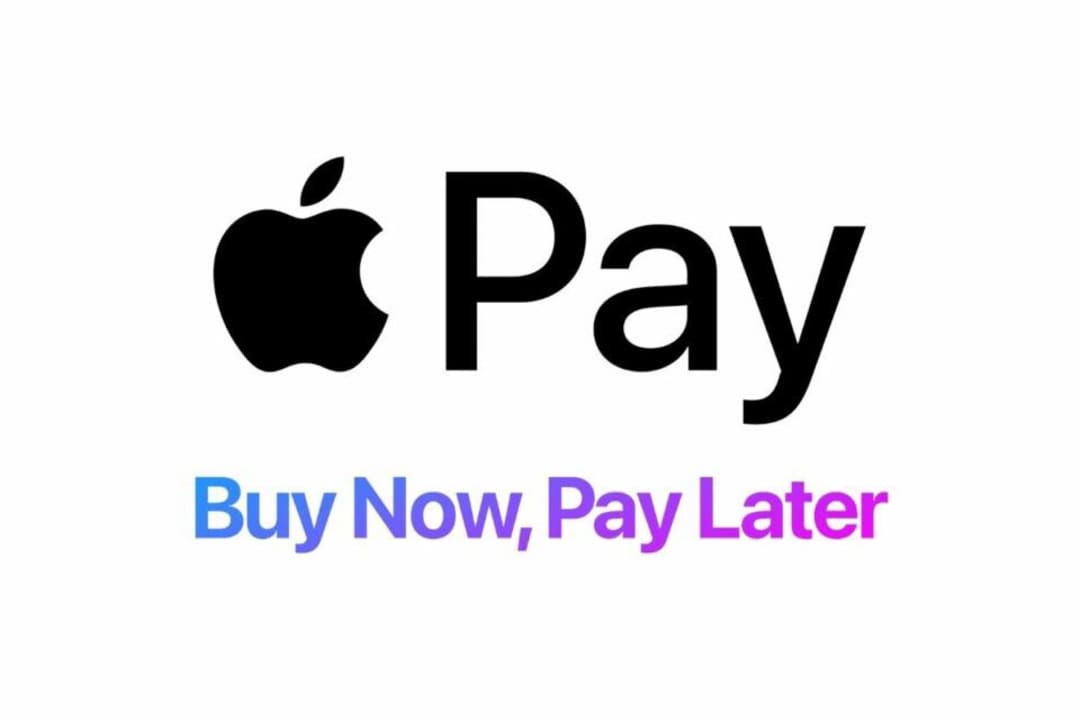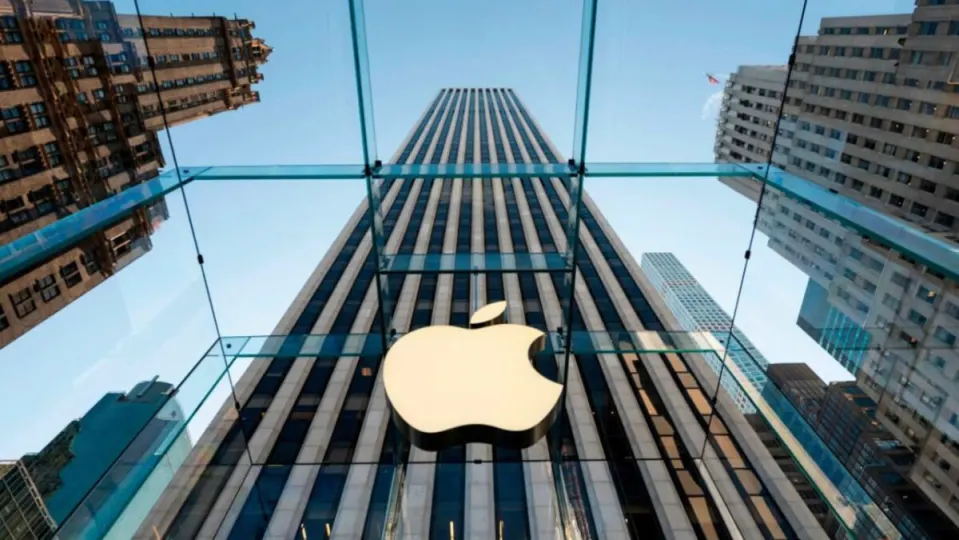Apple Pay Later might not be all it’s cracked up to be. To qualify for Apple Pay Later, Apple’s proprietary buy now, pay later service, individuals must meet certain criteria indicating their dedication to the Apple brand. The approval process entails stringent requirements, including an assessment of the customer’s spending habits at Apple Stores, purchases and subscriptions on the App Store, history of Apple Cash payments and Apple Pay transactions, among other factors.
The loan amount for Apple Pay Later is restricted to $1,000, even for employees of Apple. Bloomberg reports that the feature has been delayed since September and is still undergoing internal testing.
Buy now, pay later (BNPL) services, also known as BNPL programs, have gained popularity among consumers due to their provision of short-term, interest-free loans. With these services, customers are able to pay only a portion of the total price of a product upfront, typically around 25%, and then make scheduled installment payments for the remaining balance over the following weeks or months. The leading BNPL apps such as Affirm and Zip offer users the flexibility to make purchases they may not have the immediate means to pay for, or prefer not to pay for all at once.

The approval process
Apple’s Buy Now Pay Later (BNPL) service has the potential to enhance the accessibility of the company’s products, but the approval process may pose a challenge for the average consumer. As outlined in a Bloomberg report published on Tuesday, the verification process for Apple Pay Later is as user-friendly as the Apple Pay service. However, behind the scenes, Apple conducts a comprehensive examination of your financial history to the extent possible, in order to determine your eligibility.
Apple examines a range of factors to determine eligibility for the BNPL service, including the number of Apple devices in your possession, whether or not you have applied for the Apple Card, the credit cards you use for Apple Pay, your purchasing patterns in Apple Stores, your App Store acquisitions and subscriptions, your Apple Cash payments to acquaintances and family, your transactions conducted using Apple Pay, and your financial history with the Apple Card.
In some cases, Apple may request additional information such as a photo of your identification and your complete Social Security number.
Despite the comprehensive information gathered, Apple maintains a cautious approach to lending. During the internal testing phase involving Apple’s own employees (who are typically well-compensated), loan approvals of $1,000 or less are reportedly common, according to Bloomberg’s Mark Gurman. It is noteworthy that Apple only offers two Mac computers priced under $1,000: the entry-level Mac mini and the prior generation MacBook Air.
To preserve the privacy of its customers, Apple does not retain a record of transactions made using the Apple Pay Later service. Instead, only the service’s partners, Goldman Sachs and MasterCard, maintain transaction records. However, given the considerable amount of financial data that Apple collects from its customers, along with the potentially questionable reputation of its partners, this may not reassure privacy advocates.
Apple Pay Later is still yet to be released
Apple Pay Later was announced in June of last year during the Worldwide Developers Conference (WWDC) following nearly a year of speculation about the service. According to Gurman’s recent report, the service was initially slated to launch in September alongside iOS 16. However, the launch has been delayed for nearly five months.
Apple is encountering challenges in launching its financial services. Although the company has announced a high-yield savings account program, it has not been launched. Additionally, two other services are reportedly in the pipeline: a yearly subscription to obtain the latest iPhone hardware and an advanced version of Apple Pay Later. The latter will allow interest-bearing monthly payments over a more extended period, in contrast to the current interest-free payments that only span six weeks.
Despite being available for almost four years, the Apple Card, a credit card that iPhone users can apply for within the Wallet app to obtain cashback on Apple Pay purchases, is still only available within the United States.
Also read: Apple Mixed Reality Headset is delayed until June



